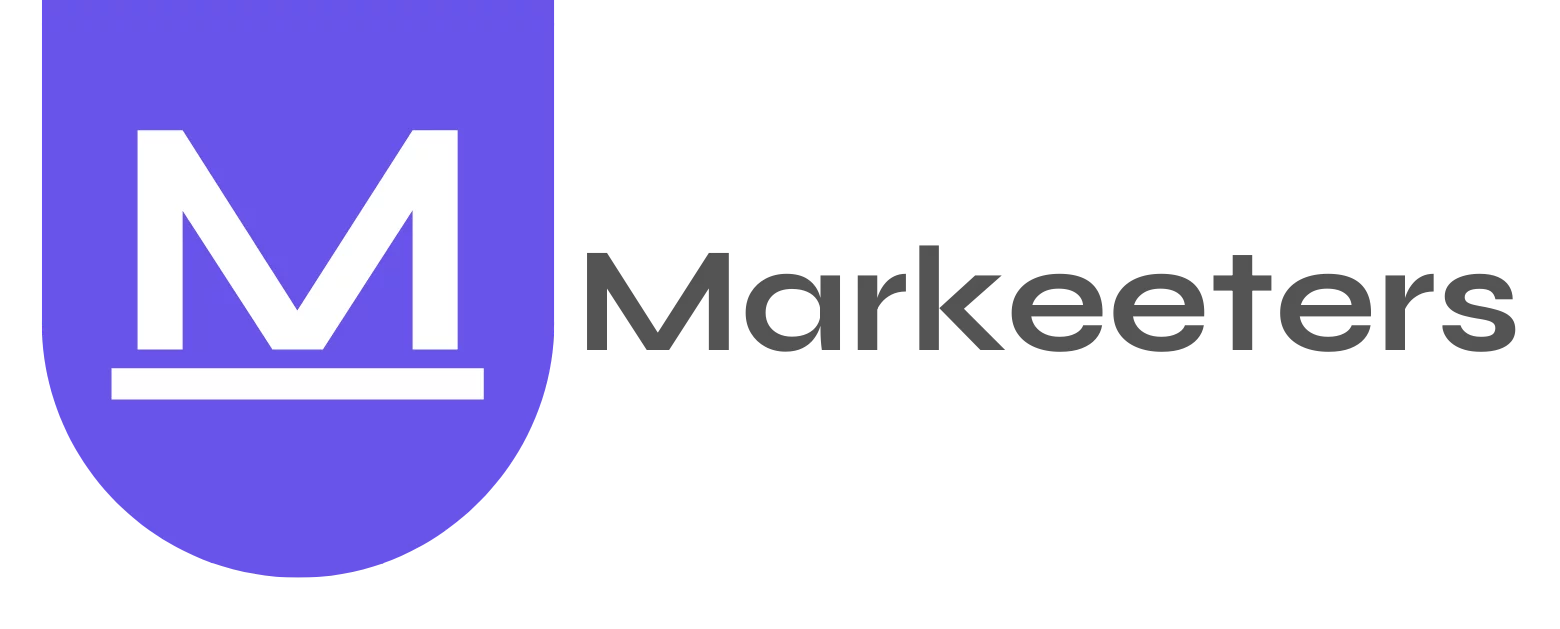Social media platforms offer a valuable opportunity for rehab centers to reach individuals seeking support, families affected by addiction, and those interested in rehabilitation services. This guide outlines strategies to effectively leverage social media for increased visibility, engagement, and providing support in the realm of rehabilitation centers.
Target Audience
Identify the primary audience for rehab center social media marketing:
- Individuals Seeking Help – Engaging those struggling with addiction, substance abuse, or mental health issues seeking information on rehabilitation.
- Families & Support Networks – Targeting families, friends, or support systems seeking guidance on helping loved ones through recovery.
- Healthcare Professionals & Referral Networks – Engaging healthcare providers, therapists, counselors, and professionals seeking partnerships or referring patients.
- Advocates & Community Supporters – Attracting individuals passionate about mental health awareness, addiction recovery, and supporting the cause.
Goals
Define the objectives of utilizing social media for rehab center marketing:
- Provide Information & Support – Offering educational resources, information about rehab programs, and avenues for seeking help.
- Build Trust & Credibility – Establishing the rehab center as a reliable source for guidance, support, and professional services.
- Generate Engagement & Interaction – Fostering engagement through discussions, testimonials, success stories, and community support.
- Encourage Seeking Help – Encouraging individuals to take the first step towards recovery by seeking professional assistance or guidance.
Platforms to Focus On
Identify key social media platforms for rehab center marketing:
- Facebook – Utilize business pages to share informative articles, success stories, video testimonials, and engage with the community.
- Instagram – Visual platform showcasing positive transformations, inspirational quotes, therapy activities, and recovery journeys.
- LinkedIn (Optional) – Connect with professionals in the healthcare industry, share articles, research findings, or network for collaborations.
- YouTube (Optional) – Share informative videos about addiction, recovery journeys, testimonials, and therapy sessions.
Content Strategies
Develop content strategies tailored for rehab center marketing:
- Educational Resources – Share articles, infographics, or videos about addiction, recovery methods, mental health, and coping mechanisms.
- Success Stories & Testimonials – Feature stories of successful recovery journeys, testimonials from former patients, or interviews with experts.
- Community Support & Inspiration – Post motivational quotes, community events, uplifting stories, and messages of hope.
- Professional Insights – Offer advice, tips, or live Q&A sessions with therapists, counselors, or rehab specialists.
Engagement & Conversion Tactics
Implement strategies to engage potential clients and create a supportive online community:
- Call-to-Action (CTA) – Encourage individuals to reach out for help, offer guidance, or provide a helpline number for immediate assistance.
- Live Webinars & Q&A Sessions – Host live sessions discussing addiction, mental health, coping mechanisms, or answering audience questions.
- Interactive Polls & Surveys – Engage the audience by conducting polls, surveys, or quizzes related to mental health, addiction, or rehabilitation.
- Community Support Groups – Create closed or private groups to provide a safe space for discussions, sharing experiences, and seeking advice.
Analytics & Optimization
Utilize analytics to measure and optimize social media performance:
- Engagement Metrics – Monitor likes, comments, shares, and engagement across social media platforms.
- Website Traffic & Conversion Tracking – Track inquiries, contact form submissions, helpline calls, or website visits from social media referrals.
- Audience Insights – Understand demographics, interests, and engagement patterns to tailor content and target ads effectively.
- Campaign Optimization – Analyze successful content, adjust strategies based on performance, and refine targeting for ad campaigns.
Challenges & Solutions
Address potential challenges in rehab center social media marketing:
- Confidentiality & Privacy – Respect patient privacy laws, avoid sharing sensitive information, and obtain consent for sharing testimonials or stories.
- Sensitivity & Support – Maintain a supportive tone, avoid triggering content, and provide resources for immediate help or crisis situations.
- Online Reputation & Trust – Encourage positive reviews, manage negative feedback discreetly, and respond promptly with empathy.
- Legal & Ethical Considerations – Ensure compliance with healthcare advertising laws, ethical guidelines, and avoid making false claims or promises.
Conclusion
Leveraging social media effectively can significantly enhance visibility, engagement, and support for rehab centers. This guide provides strategies for providing information, fostering engagement, and building a supportive community in the realm of addiction recovery and rehabilitation.



